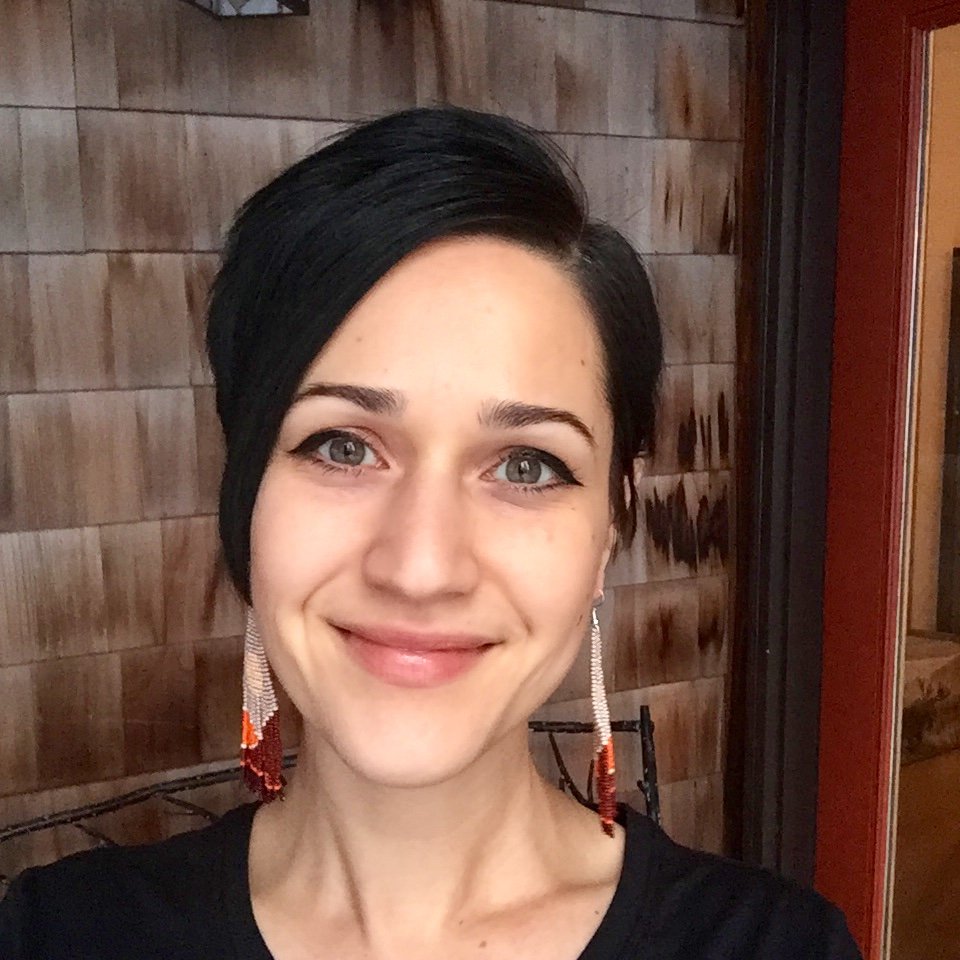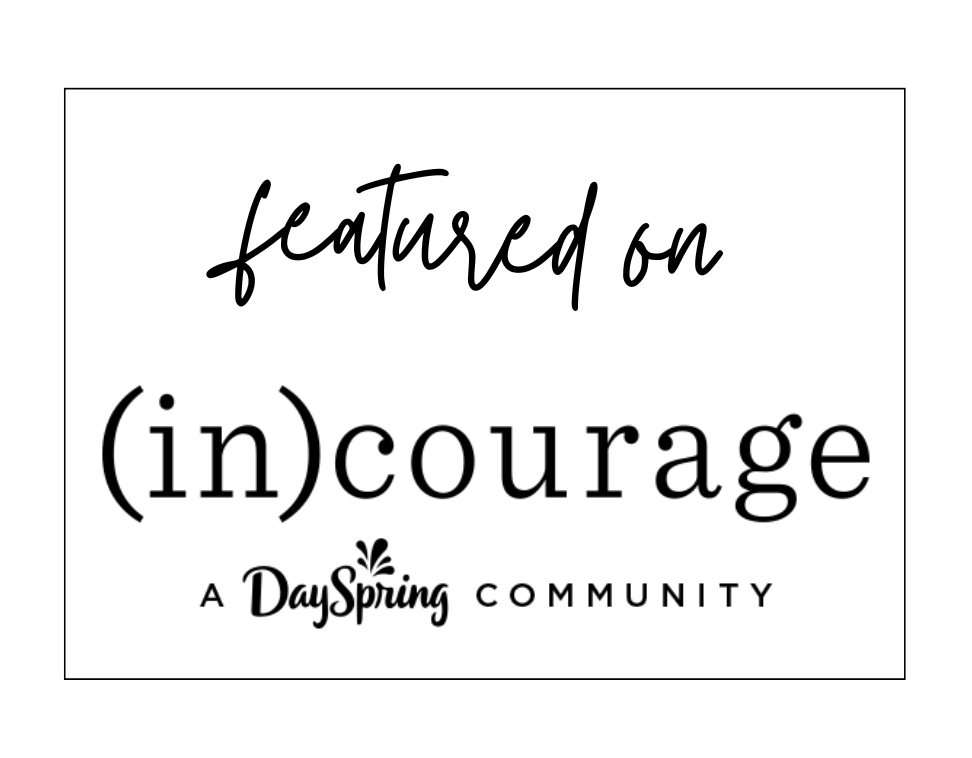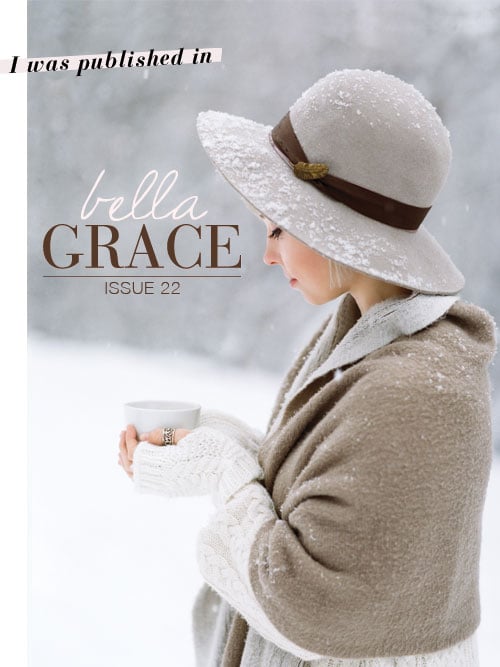Being Yourself, Part 2: Five Benefits to Knowing and Embracing Your Characteristic Likes and Dislikes
/It's not always easy being ourselves. Every day, we’re peppered with messages about how we “should be.” Tossed upon a sea of opinions, we sometimes question ourselves or even feel badly about our core characteristics that define who we are on a deep level.
But when we muster our courage and decide to live from our authentic selves, there are some amazing benefits.
Last week I shared a bit about my own journey of learning to accept the things that make me uniquely Carina. (If you missed that post, you can check it out here.)
This week, I want to continue the conversation with five big reasons I believe being yourself—including embracing your characteristic likes and dislikes—is important.
- We can’t truly be known by others if we are not living from our authentic selves. Or, put another way, being our true selves is necessary for genuine connection and relationship.
Last week, I mentioned reading Better Than Before by Gretchen Rubin and her commitment to “Be Gretchen.” I really enjoyed her book, and when I thought about why, I found a major reason is that her personality comes so clearly through the pages.
Throughout the book, she describes her likes and dislikes. She is an “ardent lover of children’s literature.” She likes plain food and loves shopping for offices supplies. She is “not a big fan of travel,” doesn’t like competition, and doesn’t like games. She finds meditation “boring” and admits that she wears yoga pants every day.
Gretchen isn’t a generic woman. She freely and confidently expresses herself, and it made me I feel that I was really getting a sense of who she is. When we embrace who we are—quirks and all—others can really know us and connect to us. On the other hand, when we pretend or imitate, we cast shadows of our true selves. And we can’t know or befriend a shadow. Knowledge and acceptance of ourselves are essential for authentic living and authentic living is essential for authentic relationships.
- A strong sense of who we are and what we like helps us make decisions and allows us to gives ourselves permission to not do something just for the sake of doing it.
I used to spend a lot of time stressing about what to order at restaurants. I usually knew what I wanted, but I battled the feeling that I “should” try something new.
Eventually, I accepted that there is nothing morally wrong with getting what I know I like as long as I’m enjoying myself. Now, when I go out for Thai food, I almost always order either green curry or pad Thai. By knowing what I like and giving myself permission to go with it I save myself the mental energy it takes to decide. Choosing a meal is a pretty mundane decision, but I believe self-knowledge can help us with bigger decisions as well.
- Knowing ourselves helps us create healthy habits and boundaries. If I know I’m introverted and can only handle a certain amount of social stimulation, I’m better equipped to set appropriate boundaries for myself, such as limiting the numbers of nights I go out per week.
When, however, we try to be something we’re not, we don’t function very well. If I force my introverted self to attend events every night of the week, I will deplete my strength and may neglect my top priorities.
- Knowing ourselves gives us clues to your purpose. As I touched on last week, many of our likes and dislikes are not arbitrary. They reflect something of the essence of our being and even our purpose. I believe, for instance, that my preference for calming colors is reflective of God’s desire for me to be a calming presence, a quiet stream rather than a rushing river.
On the other hand, when we don’t know or accept who we are, we’re not able to do what we’re created to do. So it doesn’t get done, and you and the people you are called to miss out on something amazing.
- We enjoy life more when we know and incorporate what we like and give ourselves permission to let go of the things we don’t enjoy. I have a friend who doesn’t like to read. She used to feel bad about that fact, but now she accepts that she’s just not a big reader. Though she may occasionally find and read a book that strikes her interest, she doesn’t force herself to read just because it’s a “good” thing to do. On the other hand, she does enjoy podcasts, which she listens to often.
Don’t get me wrong. I’m not saying we should stick rigidly to what we like and never try new things. There are definitely times and situations in which we need to stretch ourselves, and trying new things is a major way to learn about ourselves and grow. That being said, I believe that living from a strong sense of who we are take us a long way toward the purposeful, enjoyable, God-crafted life we were designed for.
What are your thoughts? What benefits or challenges have you found in learning to be yourself? I'd love to hear about it in the comments below!
Contemplate:
"You were all called to travel on the same road and in the same direction… you have one master, one faith…but that doesn’t mean you should all look and speak and act the same. Out of the generosity of Christ, each of us is given his own gift."
Ephesian 4:4-7 (MSG)
Spread the love!
Did you enjoy this post? Help me spread the love by sharing it with a friend you think would be blessed by it. You can use the share buttons on the left! Thanks!
Resource:
Photo courtesy of ractapopulous via Pixabay
Disclosure of Material Connection: Some of the links in the post above are “affiliate links.” This means if you click on the link and purchase the item, I will receive an affiliate commission. I am also required to disclose that I am a participant in the Amazon Services LLC Associates Program, an affiliate advertising program designed to provide a means for me to earn fees by linking to Amazon.com and affiliated sites. I only recommend products or services I believe will add value to my readers. I am disclosing this in accordance with the Federal Trade Commission’s 16 CFR, Part 255: “Guides Concerning the Use of Endorsements and Testimonials in Advertising.”









